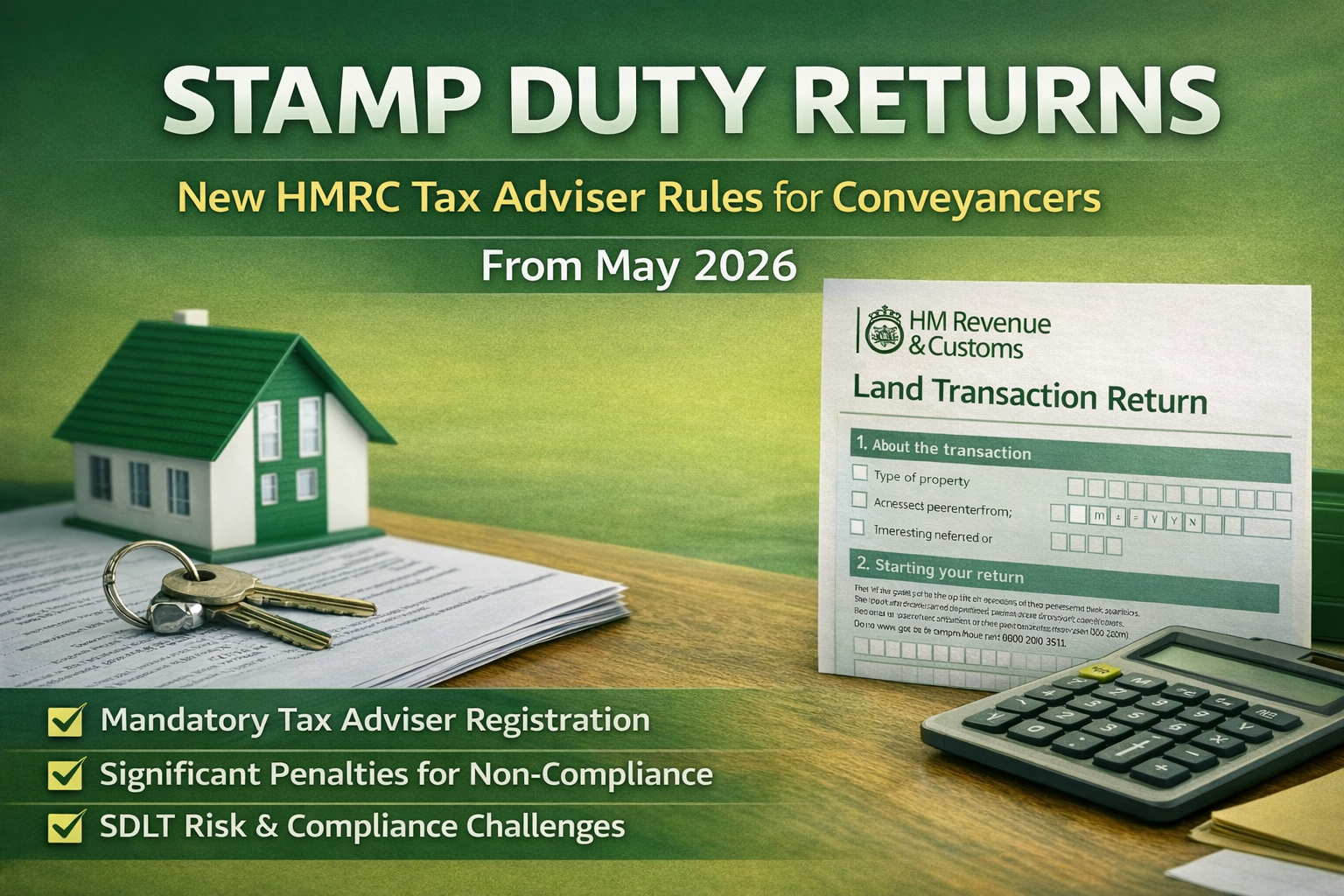At Relatus, we’re proud to have won five of our last six appeals at the First-tier Tribunal (FTT) on Multiple Dwellings Relief (MDR). These results aren’t just wins for our clients—they show that with the right advice, taxpayers can succeed against HMRC, even when the odds feel stacked against them.
Why These Wins Matter
Although MDR was abolished for purchases on or after 1 June 2024, HMRC are still issuing compliance checks for claims made prior to the cut off. MDR often made a huge difference to a homebuyer’s Stamp Duty Land Tax (SDLT) bill. But HMRC has taken an increasingly hard line, often refusing claims even where properties clearly qualify as separate dwellings.
That’s where recent tribunal cases have been so important. Following the Upper Tribunal’s decision in Fiander v HMRC, judges have been very clear:
- The question is whether a property is objectively suitable to be used as more than one dwelling.
- It’s about the physical features of the property—separate entrances, kitchens, bathrooms, and living spaces—not HMRC’s subjective view.
- There does not need to be absolute privacy, security and self sufficiency for a property to be occupied as more than one dwelling.
Our recent successes show that when these principles are applied properly, many claims that HMRC rejects can actually succeed.
HMRC’s Problematic Approach
The challenge for taxpayers is that HMRC continues to argue the same points that tribunals have repeatedly dismissed.
- They often focus on shared utilities or minor details that tribunals have said, on balance, don’t prevent MDR from applying.
- They keep fighting appeals on the same grounds, even though judges have ruled against them time and again.
This means public money is being used to pursue weak cases, while ordinary taxpayers are left feeling pressured to accept HMRC’s position.
A Client Success Story: Berrell v HMRC TC/2024/01506
Our most recent successes was the Berrell case, where HMRC refused an MDR claim on a property with a main house and an attached annexe.
- HMRC argued that shared utilities and internal lockable doors meant it could only be treated as a single dwelling.
- We showed that, in reality, the annexe had everything needed for independent living—its own entrance, kitchen, bathroom, and living space.
- The Tribunal agreed, applying the same principles from Fiander v HMRC.
The result? The client secured the MDR they were entitled to, saving thousands of pounds in SDLT.
This case is a great example of how HMRC’s position doesn’t always reflect the law as the tribunals see it—and how expert representation can make all the difference.
Why Expert Help Makes the Difference
Taking on HMRC alone can feel daunting. Many people worry about the cost of appealing or assume HMRC must be right. The reality is very different:
- With the right advice, you may well have a strong case.
- Tribunals have consistently shown that HMRC’s position is too narrow.
- Our experience shows that clients who might otherwise give up can win significant refunds.
At Relatus, we know the case law inside out. We know how tribunals are approaching these disputes. And we know how to present the evidence in a way that makes your case as strong as possible.
Should HMRC Change Its Approach?
We believe it’s time for HMRC to revisit their guidance and bring their approach in line with tribunal rulings. Until that happens, taxpayers will continue to face unnecessary disputes—disputes that could be avoided if HMRC simply applied the law as judges have clarified it.
How Relatus Can Help You
We don’t just help with MDR claims, we are experts in all aspects of SDLT. If you’ve received a compliance check and HMRC has pushed back we’re here to help.
- We’ll review your situation and give you a clear, honest view of your chances.
- If you’ve been wrongly refused, we’ll challenge HMRC on your behalf.
- And if needed, we’ll represent you at tribunal—where our recent track record speaks for itself.
Final Word
HMRC may not be listening to the tribunals, but at Relatus, we are. Our job is to make sure taxpayers like you get the relief the law says you’re entitled to.
If you’re worried about an SDLT decision, don’t let the complexity—or HMRC’s letters—put you off. Talk to us first. With the right expert advice, you may have a stronger case than you think.
Contact Relatus today to find out how we can help.




